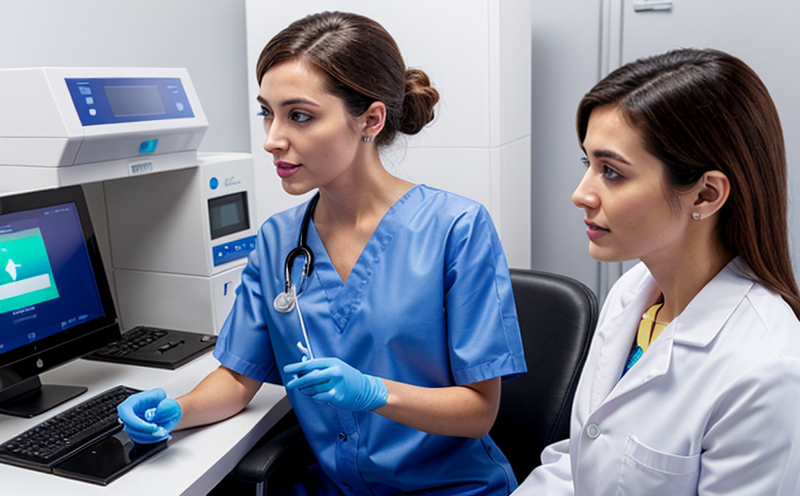Genetic Authentication of Honey Bee Species
In the intricate world of honey bee species identification, genetic authentication plays a critical role in ensuring the purity and quality of honey products. This service leverages advanced molecular diagnostic techniques to accurately identify honey bee species based on their unique DNA profiles. The process involves extracting genomic material from samples and comparing it against reference sequences stored in international databases such as GenBank.
The importance of this service extends beyond mere certification; it helps address issues related to hive health, genetic diversity, and the integrity of beekeeping practices globally. By ensuring that honey is produced by genuine honey bees, consumers can trust their products are free from adulteration or cross-contamination with non-bee derived substances.
Our methodology adheres strictly to international standards like ISO 17025 for proficiency and accuracy in our testing protocols. This ensures that every test conducted is reliable and reproducible, meeting the stringent requirements set forth by regulatory bodies worldwide.
The procedure begins with collecting samples from potential sources of honey production. These samples must be carefully prepared to ensure they contain sufficient DNA for analysis without introducing any contaminants. Once processed, these samples undergo thorough extraction processes followed by amplification using polymerase chain reaction (PCR) technology. The resulting amplicons are then sequenced and analyzed using bioinformatics tools.
For accurate identification, our lab utilizes high-throughput sequencing platforms capable of generating large volumes of data quickly and efficiently. This allows us to compare our findings against known species databases with remarkable precision. Our team employs algorithms designed specifically for this purpose, ensuring reliable results even when dealing with closely related subspecies.
The final step involves interpreting the obtained data to determine which honey bee species contributed most significantly to the composition of the sample being tested. This information is then compiled into comprehensive reports provided directly to clients seeking confirmation about their product’s origin and authenticity.
Our commitment to quality extends beyond just providing accurate results; we also strive to foster understanding among stakeholders involved in the honey industry regarding best practices for maintaining genetic purity within managed colonies.
Applied Standards
- ISO 17025 - Quality requirements for the competence of testing and calibration laboratories
- ASTM E2348 - Standard practice for validating the genetic authentication methods used to identify honey bee species in honey products
The application of these standards ensures that our genetic authentication services meet industry benchmarks, providing reliable data for decision-making purposes across various sectors including food safety, agriculture, and environmental conservation.
Benefits
- Ensures compliance with regulatory requirements related to honey labeling laws
- Promotes sustainable beekeeping practices by supporting healthy colony management
- Reduces risks associated with counterfeit or adulterated products entering the marketplace
- Aids researchers studying genetic diversity and evolution within different species of honey bees
Industry Applications
- In food safety audits conducted by quality assurance teams
- During inspections carried out by government agencies responsible for enforcing agricultural policies
- For academic studies focused on understanding biodiversity patterns among honey bee populations
- Beekeeping operations looking to maintain genetic integrity within their colonies





